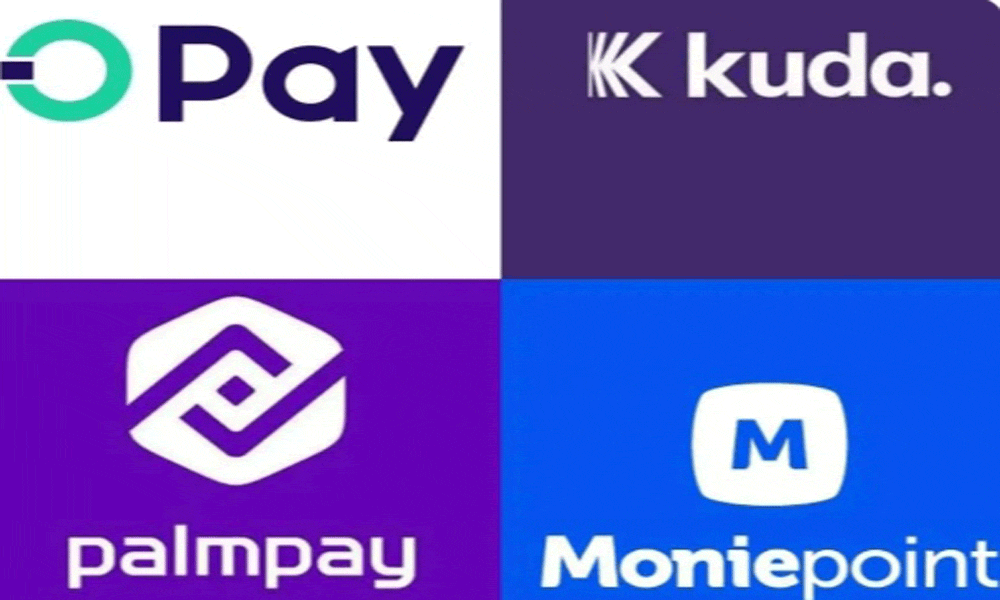Uber, Bolt Drivers Get Government nod to Form Union in Nigeria
Uber and Bolt drivers in Nigeria may have found themselves a veritable platform for speaking with one voice and improving their welfare as the federal government has approved the registration of the...

Uber and Bolt drivers in Nigeria may have found themselves a veritable platform for speaking with one voice and improving their welfare as the federal government has approved the registration of the Amalgamated Union of App-Based Transport Workers of Nigeria (AUATWN) as a trade union.
This was contained in a letter from the Trade Union Services, and Industrial Relations Department of the Federal Ministry of Labour and Employment addressed to the AUATWN and made available to this reporter. The letter of approval reads in part:
“I am directed to refer to your application letter dated 27th April 2021, written pursuant to Section 3 of the Trade Unions Act, CAP. T14 Laws of the Federation of Nigeria (LFN), 2014, addressed to the Honourable Minister of Labour and Employment for the Registration of the above-named organization as a trade union.
“I am further directed to inform you that after extensive consideration of your application, the Honourable Minister of Labour and Employment has approved the registration of your organization as a Trade Union with rights and privileges as stipulated by the Trade Unions Act, cited above.”

Going by the Trade Unions Act, what this means is that the AUATWN is empowered by law to have a say in determining the terms and conditions of drivers working in any app-based transportation company.
With this approval, the AUATWN becomes the first government-approved trade Union for e-hailing drivers in Africa, according to its founding Secretary-General, Comrade Ibrahim Ayoade, the former president of the National Union of Professional App-based Workers.
Speaking on the development, Comrade Ayoade said the struggle to unionize app-based drivers started in 2016 when Uber slashed the income of drivers to 40% without consulting them or even informing them about it.
He, therefore, called upon drivers across the country to join the trade union as they push for more favourable terms of work. Comrade Ayoade said.
The AUATWN Secretary-General also revealed that the union is an amalgamation of three previously existing unions into one block to fight for the betterment of Nigerian app-based drivers.
The three amalgamating bodies included the National Union of Professional App-based Transport Workers (NUPA-BTW), the Professional E-hailing Drivers and Private Owners Association of Nigeria (PEDPAN) and the National Coalition of Ride-Sharing Partners (NACORP).“App-based companies have leveraged on divide-and-rule methods to subjugate drivers for years but now we are regaining control of our network,” he said.
He also explained that they had first submitted their application in 2017. Still, no attention was granted until 2021, when a new registrar was appointed to the Trade Union Services and Industrial Relations Department of the federal ministry of Labour and employment. And together with the Nigerian Labour Congress, they were able to achieve this.
The advent of Uber and Bolt onto the shores of Africa brought several gains and misfortunes. While drivers on those platforms enjoy the benefit of having sources of income, they have suffered from a myriad of problems ranging from stiff occupational hazards, poor welfare and government exploitation.
One resounding problem is always the problem of wages. Usually, app companies like Uber and Bolt usually charge up to 25% commission on trips. Sadly they are still the same ones who set the prices without recourse to the drivers.
Therefore they could decide to run promotions and discounts all at the detriment of the driver, who bears the brunt of doing the actual work, spending time in traffic, and paying for fuel, data and other exigencies required by the job.
Due to these inequalities, drivers are always pushing for the freedom to either set their own fares or get a higher percentage of their income. Indeed drivers in Ghana are pushing to keep 85% of the fares while remitting 15% to the app companies.
Another serious problem facing drivers is the unavailability of insurance and other welfare packages. Thus, if a driver is attacked or robbed or even dies during the course of his duties, he and his family are left all on their own. Occupational hazards like this are why some drivers push for employment status. But unlike the American situation, they never have the lawful unions to back them up.
As the continent continues to embrace gig work, there has been a continuous argument on whether gig work should be regulated and unionized or not. The very nature of gig work means it is supposed to be a side hustle in the informal sector.
But then Nigeria is a country where one man’s side hustle is many other people’s main source of survival. Given that fact, it is probably better to have unions looking out for your welfare than not.
And Comrade Ibrahim insists the new union would focus on improving the conditions of drivers working in this gig economy.
The gig sector in Nigeria is still largely informal, with workers creating fragmented groups mostly based on WhatsApp to discuss workers’ welfare and share information on overcoming certain exigencies. A union would give these fragmented groups a united platform to fight for their common goals.
However, many drivers have doubts about the existing unions’ true intent and purpose. Doubts range from them being money spinners for their leaders, who often do not own vehicles, to them being power brokers, only bidding to control a block of people to win government favours.
While these doubts are understandable, given the Nigerian situation, progress has to start somewhere. In 2021, Uber and Bolt’s drivers embarked on a planned one-week strike to protest against poor welfare. Unfortunately, while some were striking, others were out there working. This lack of a united front has always been the bane of the sector, and a union might be of great use.
With this approval, the AUATWN becomes the first government-approved trade Union for e-hailing drivers in Africa.









No Comment! Be the first one.